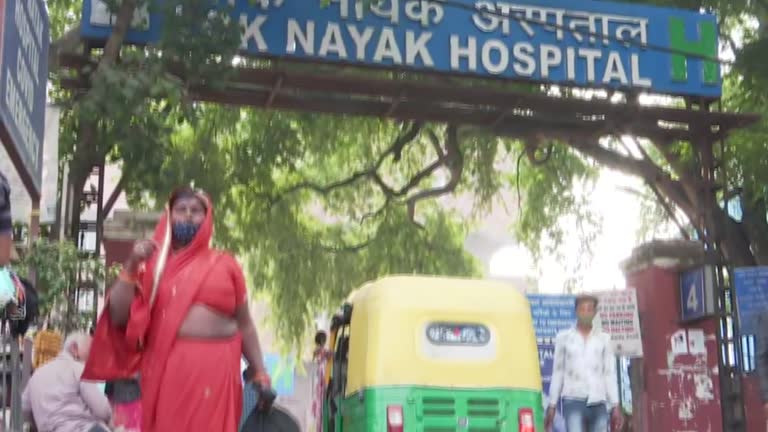One out of 15 Ventilators at Delhi’s Lok Nayak Hospital as Non-Operational
Related Articles
40,000 करोड़ का पावर धमाका: अदाणी का बिहार–झारखंड मिशन, बदल जाएगी पूर्वी भारत की किस्मत
अदाणी ग्रुप के चेयरमैन गौतम अदाणी ने हाल ही में बिहार और झारखंड का दौरा कर 40,000 करोड़ रुपये से अधिक की बिजली परियोजनाओं...
Punjab Police Arrest Two Key Suspects in Nalagarh IED Blast Case
In a significant operation, the Counter Intelligence unit of Jalandhar, in coordination with SAS Nagar counterparts, has arrested two principal suspects involved in the...
कर्नाटक में CM पद की ऊंचाई पर सियासी संग्राम, कांग्रेस MLA की मांग- बदलाव जरूरी
कर्नाटक में मुख्यमंत्री पद को लेकर फिर से सियासी हलचल तेज हो गई है। कांग्रेस विधायक एचए इकबाल हुसैन ने मांग की है कि...


